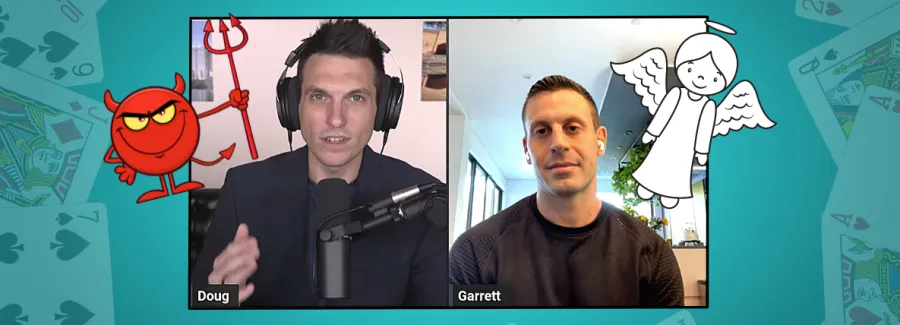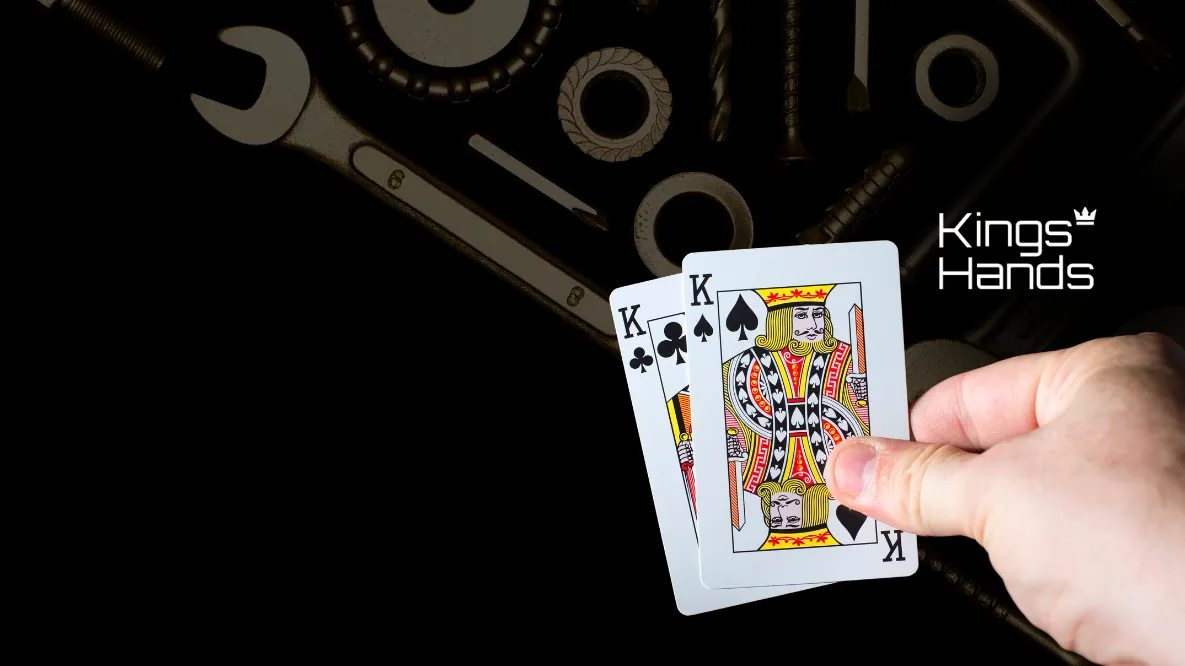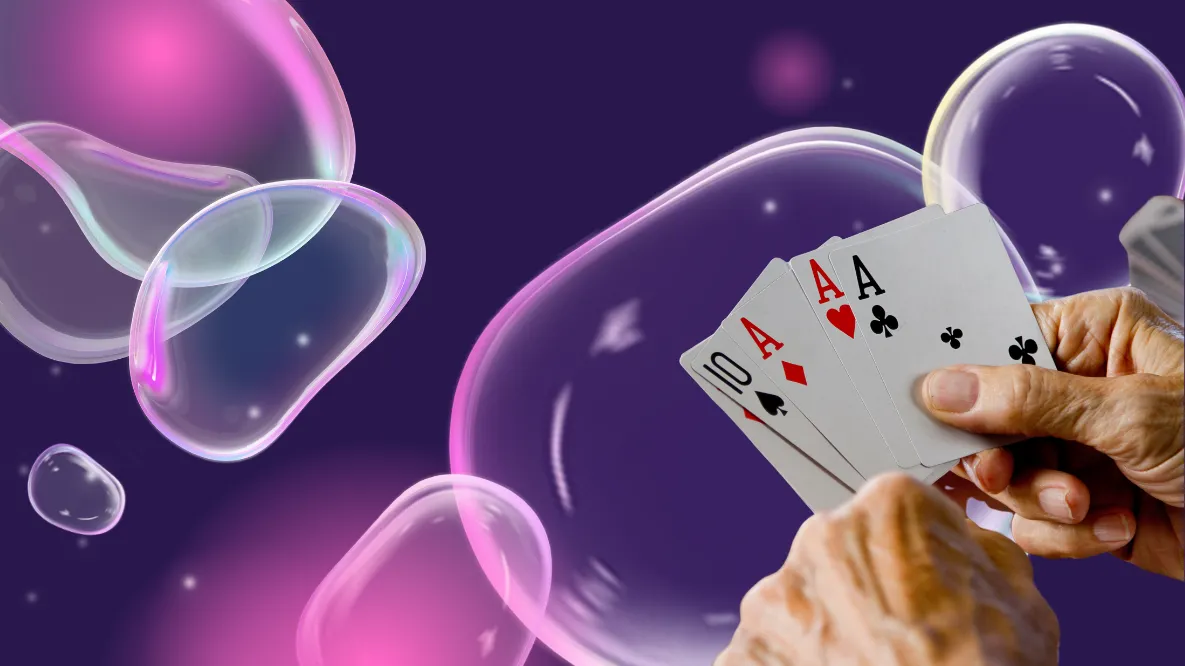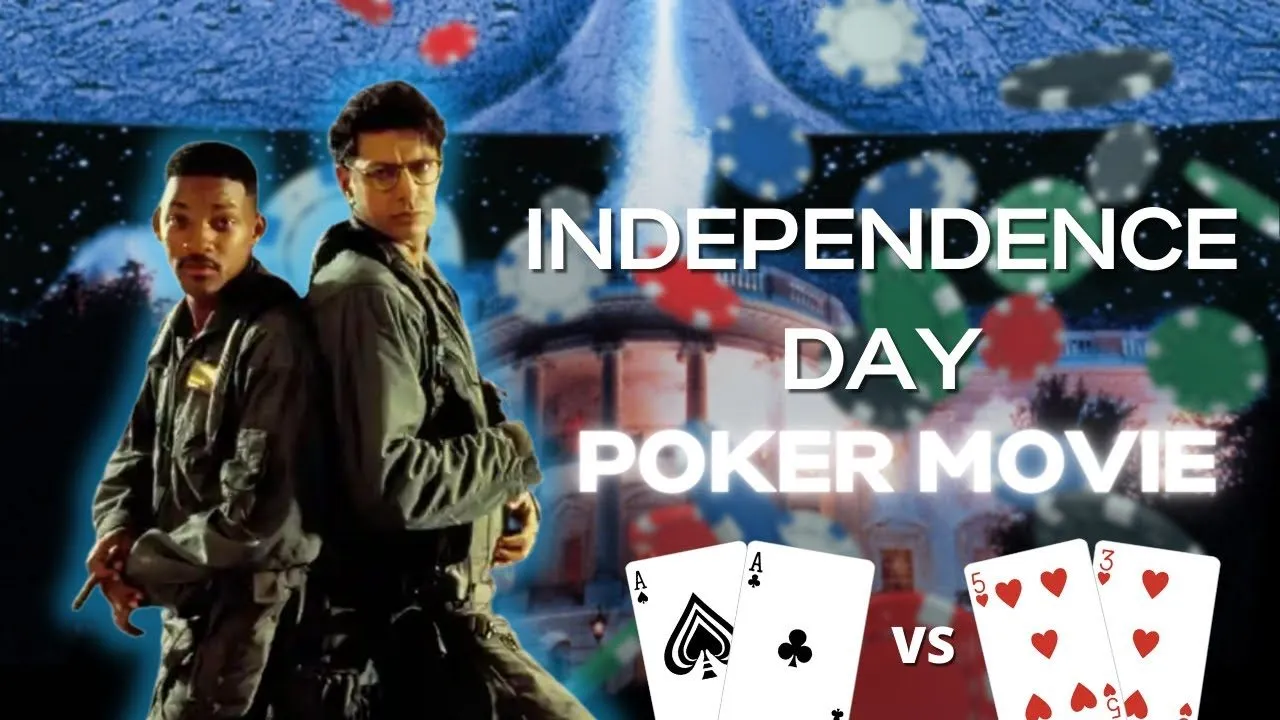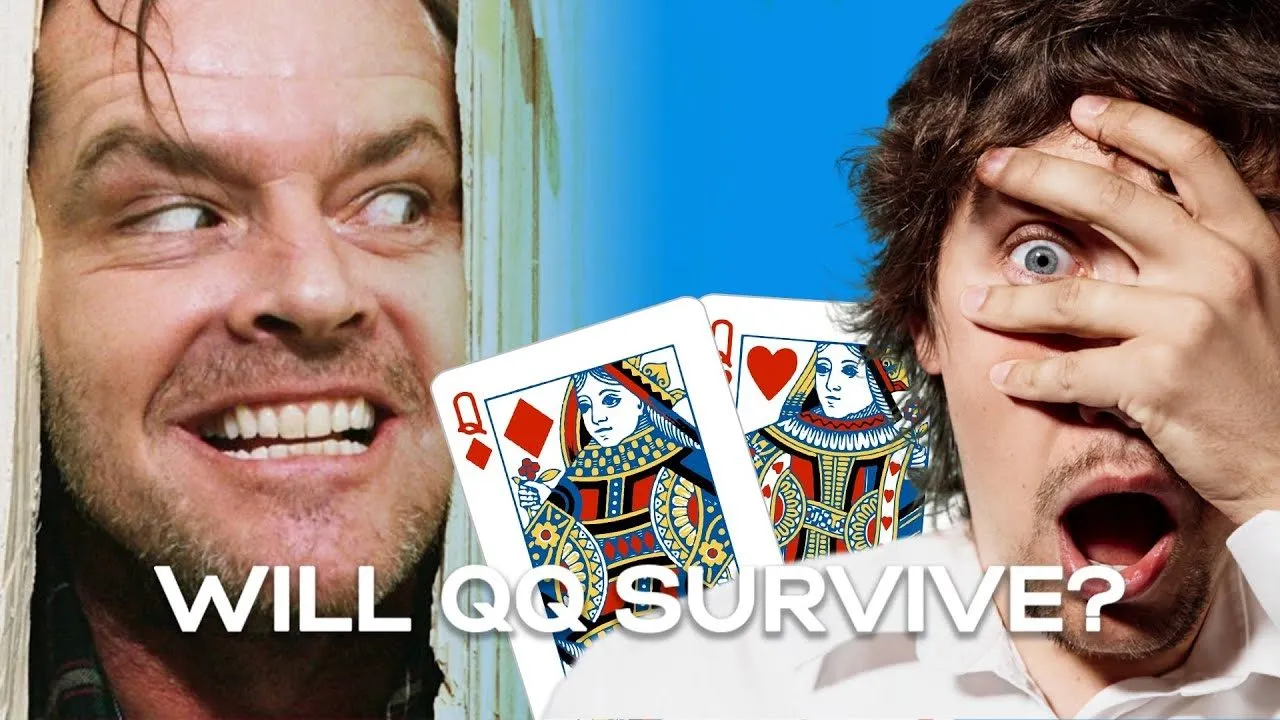To the surprise of absolutely no one, Garrett Adelstein did not roll back his accusation that Robbi Lew cheated him out of a $250,000 pot on Hustler Casino Live. In fact, he doubled down, saying that he “stands by his statement on 2+2” and that everything that came out in the fallout of that hand has only further solidified his belief. But is this podcast return proof that we, as a poker audience, care more about the drama than the game?
What Did Garrett Say?
Nearly six months after the infamous J4 hand, Garrett has finally broken his silence and spoken out about what happened that night, amongst other things, on Doug Polk’s podcast. When asked about whether he thought he was cheated, Garrett said, “In essence, I stand by the statement I made on 2+2; I think it’s extremely likely that I was cheated in that poker hand; it’s as simple as that.”
Doug also pressed Garrett on what should be done in situations like these, specifically the money that Robbi refunded him. Garrett flatly said, “No, no, I will not be refunding Robbi any money. Period.” However, that doesn’t mean he’s completely happy with how he handled himself during this situation.
He brought up the process of arbitration as a possible way of improving the optics of the situation and even said, “…in retrospect, that may have been the better business decision at the time.”
He also denied any accusations that he forced Ryan Feldman, the current showrunner for HCL, into making certain line-ups for streamed games and denied ever banning any other pros from appearing on the stream.
In short, while he thinks he could have handled it better, he didn’t do anything wrong that night, and he hasn’t done anything to hinder anyone’s access to the games at HCL.
No Surprises
But really, is anyone surprised by this? Despite the Hustler Casino investigation turning up no evidence that Robbi cheated, there was a close-to 0% chance that Garrett would hold his hands up and say, “I got it wrong; she didn’t cheat; here’s the $130K.” You don’t take the refund, leave the game, and disappear from poker live streams for 6 months if you don’t think something dodgy happened.
If we’re honest with ourselves, we knew this before we started watching. Everyone’s already made up their minds on the J4 hand, and there was never going to be any groundbreaking evidence released by Garrett or any admission of any wrongdoing.
Garrett himself knows this and said on the stream that “no matter what I say, there’s gonna be a ton of backlash to answering this question [on the subject of whether or not he was cheated]”. In fact, he likened the whole situation to politics, saying about his situation that “people put their stick into the ground, and they’re like ‘this is my team, everyone else is other’.”
If that’s the case, why have over 160,000 people viewed the stream within the first 10 hours of its release?
The Airball Factor
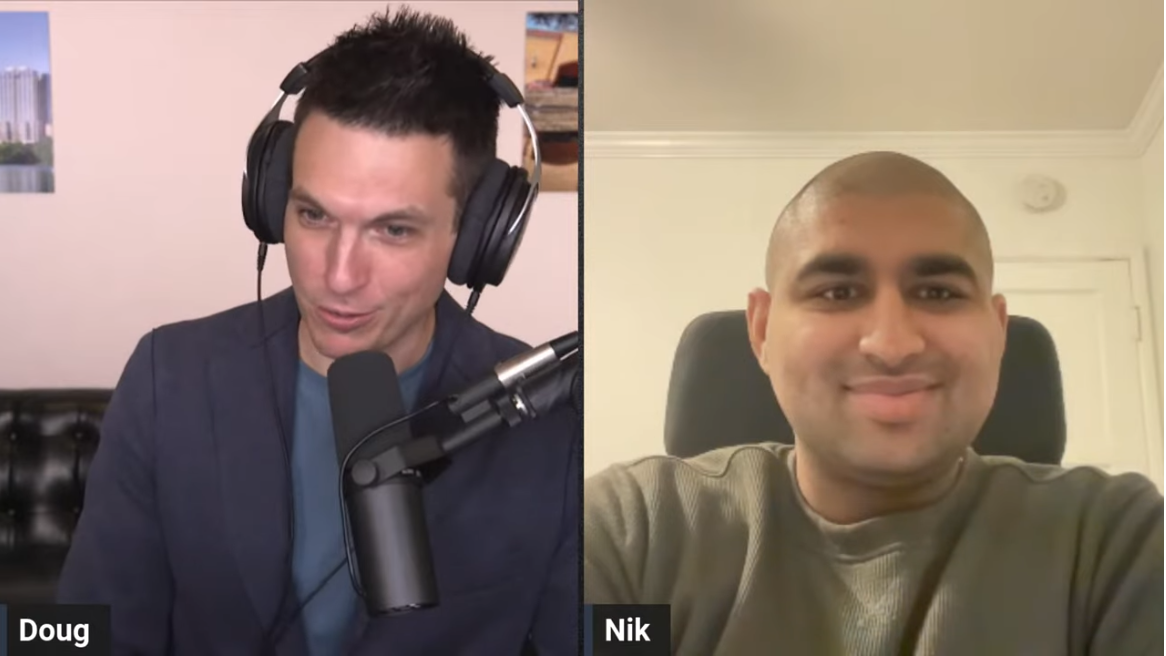
It’s because no one was watching the stream for the J4 hand anymore; the focus has switched to finding out what Garret is going to say about Nik Airball.
After roughly six months of near radio silence, Garrett has started to talk more publicly about what he’s been going through this past half a year. However, it’s not the four-page notepad tweet that people are talking about the most; it’s the quote tweet where he said, “Airball is a bad poker player and a much worse human being. F*ck that guy.”
While shit-talking is nothing new in the poker world, it was a shock to see the man who has been held up as the shining example of how to conduct yourself as a professional just fire a random shot at someone he admits he barely knows.
After being blindsided by the tweet, Nik Airball went on Doug Polk’s podcast to “give the truth” about Garrett Adelstein. To give you the cliff-notes version, Nik went on a tirade about how terrible of a person Garrett is, only taking a break to fire shots at Matt Berkey.
The day after that podcast was released, Garrett announced that he would be having his say on Doug’s podcast, seemingly as a response to the recent Twitter beef between Nik and himself.
The Need For “Personalities”
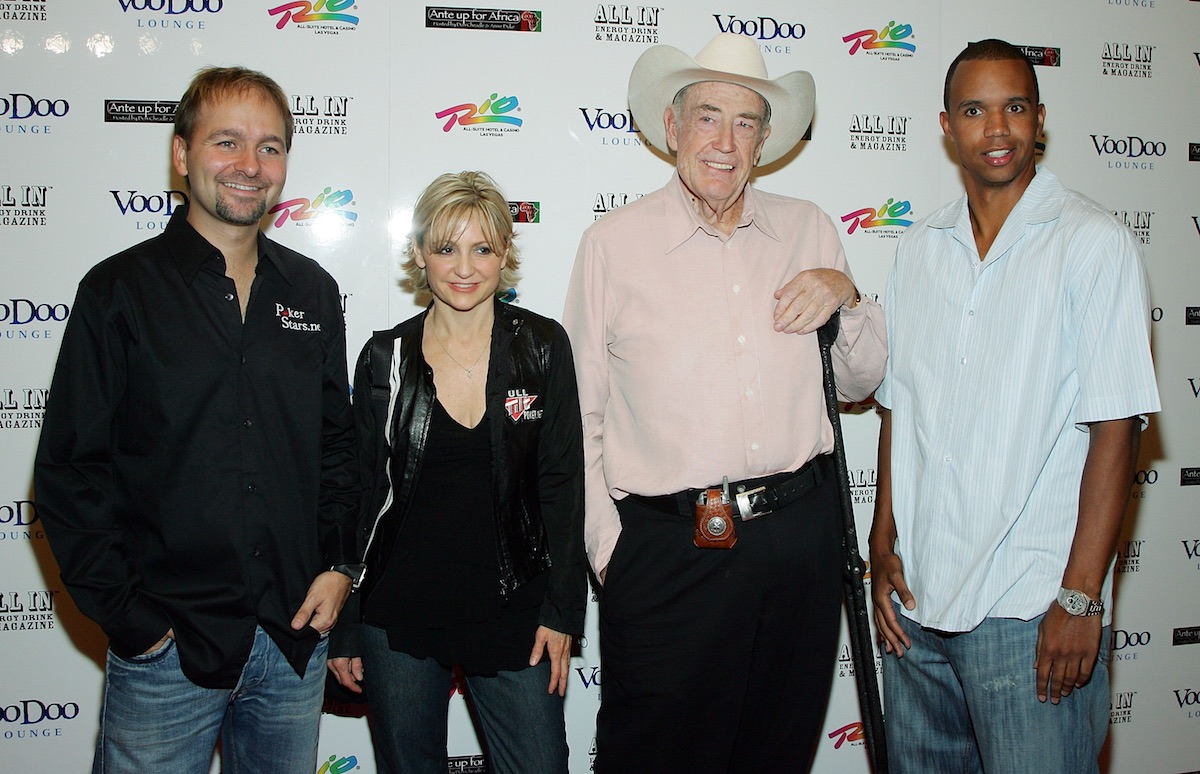
What this recent Twitter exchange, among others, has highlighted is that there seemingly is no room in the spotlight for people who just want to be good at the game. Players like Chidwick, Adamo, and others all quietly go about their business in the background, playing stellar poker but not gaining much notoriety for it.
While the die-hard poker fans among us recognise these people for their obvious talent, it seems like the current landscape of “big name” poker players are the ones with the biggest mouths rather than the biggest brains.
Don’t get me wrong, it can certainly be argued that that’s always been the case in poker – the fame of Mike Matusow is a great example of that. But the big-name players from the 90s and 00s were, arguably, the best of the bunch. Sure, they had a gimmick that people could market; but they were still the players at the very top of the game.
Nowadays, all it takes to become one of the biggest names in the poker world is to splash around on a couple of live streams and show yourself to be one of poker’s “personalities.” Robbi played one stream, made a ridiculous call-off with jack-high, and has been able to turn that into months of poker live-stream appearances and media coverage. It’s to her credit that she’s been able to make so much happen from one poker live stream, but it’s a good example of how commercialized poker has become.
Garrett was known for years as being the “ultimate professional.” You could even say that his gimmick was that he had no gimmick – he just showed up, played an awesome game, and went home – and people tuned in religiously for it. But is that enough in today’s game? Can you make it as a poker personality by just being good at the game without any additional gimmicks?
How Streams Have Changed
It wasn’t too long ago that many people were clamouring for the return of the “poker personality,” claiming that game was full of robots who made for a terrible viewing experience. This may be the poker purist in me, but I always thought there was something mesmerising about watching the very best players ply their trade for hundreds of thousands of dollars – even if they didn’t say very much.
Now, that’s not to say that I don’t see their point. For the average person, watching a group of people sit around, not saying anything, isn’t very engaging content. You need people who are going to stir things up and create controversy if you want the average person to watch, which is why “personalities” are needed.
If the table was full of players like Garrett, your average poker content watcher would probably turn over after half an hour – if that. That’s why he’s been paired with other players who have been able to provide that kind of content during his time at Hustler Casino. There’s no doubt Garrett is a big part of the show, but he’s not the only part.
Players like Mikki, Nik Airball, and others provide the other half of the equation – the engaging personality. You may not watch these people for their poker skills, but you tune in just to see what they’re going to do this week. Soon, you get as many people tuning in every week to see these guys play as you do people tuning in wanting to see players like Garrett crush the games.
The Show Must Go On
Part of the issue is that big poker streams like HCL and Live at the Bike have a big schedule to fill. This isn’t like the old days of High Stakes Poker, where you could get the world’s best players to play for a couple of days and make 2-3 months of content from it – nowadays, people want 5-6 hour streams multiple times a week.
Committing to a schedule like this is another factor that’s fuelling this push towards “poker personalities” rather than “poker professionals.” Poker is a delicate ecosystem, where the money can soon dry up if there isn’t enough balance in a game. If you stick a few good professionals in a game with a bunch of recs, that game will dry up in a matter of weeks unless the recs have unusually deep pockets.
However, fill your game with a bunch of “personalities” that aren’t as good at the game, and you can keep that game going for months, as everyone is just passing the money back and forth.
At the end of the day, poker streams are a business. They need to keep their games alive for as long as possible to ensure they retain the viewership they’ve built and try and bring new viewers to their platform. So, how do they do this? Well, one of the best ways to do that is to stack their game full of people who are more known for their entertainment or controversy rather than their poker skills.
Poker’s Toxicity
You can’t deny that this is a recipe for entertaining content. It’s the same formula that has made reality TV so engaging – people love watching drama, and if huge sums of money are involved, even better.
The problem is that the inevitable end of this cycle of rewarding the biggest “personalities” is a world where everyone feels like they have to be the most toxic human being to even have a chance of making it.
Up-and-coming players will see that being an asshole to people on Twitter or at the table will get them more attention. More attention means more stream time and more steam time means more access to good games. It will reach a point where everyone will keep ratcheting up their “personalities” until the whole game is full of people you’d wish to never hear from again.
We’re already seeing the early stages of this – just look how toxic poker Twitter has become. Admittedly, this drama has shone a spotlight onto it, but in the past week, we’ve had Berkey call Doug Polk a c**t , Nik Airball call Berkey a scammer, and the once paragon-esque Garrett call Nik Airball a terrible human being. What is going on? Have we always been this toxic?
What Can We Learn?
Aside from the fact that Twitter is a toxic place, the main thing we can take away from this past week is that drama sells a hell of a lot more than poker.
This past week, we’ve had a $750K pot, AA vs KK, vs KK and Doug playing a high stakes heads up match against Bill Perkins where multiple 6-figure pots were played, but that’s barely been mentioned compared to the drama between Garrett, Nik, Berkey, and others. At some point, you have to wonder what the main draw is – do we really care about the game or just the drama that goes with it?
Drama is all well and good, but it should complement the poker rather than replace it. Poker as a game is fascinating enough, and it’s about time that we remember that. With all the talk of heads-up matches between Berkey and Nik, and Garrett’s possible return to streamed games, it will be interesting to see how big the buzz will be when poker is actually played or if people will have already moved on to the next piece of drama.
Only time will tell, but let’s hope that when all the drama passes, people are still interested in the actual game of poker.
